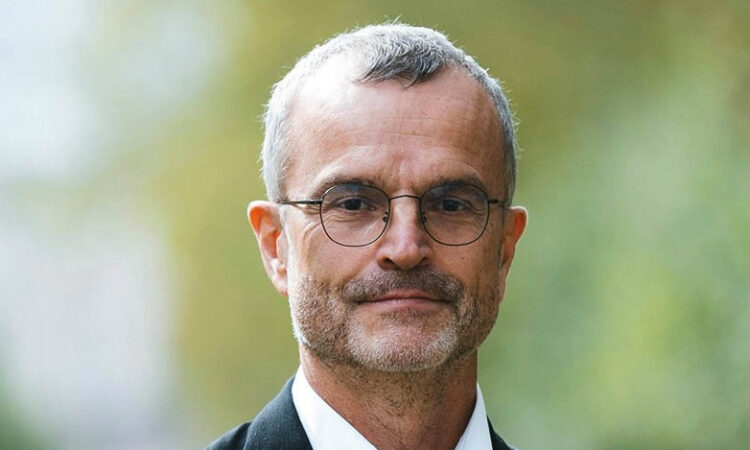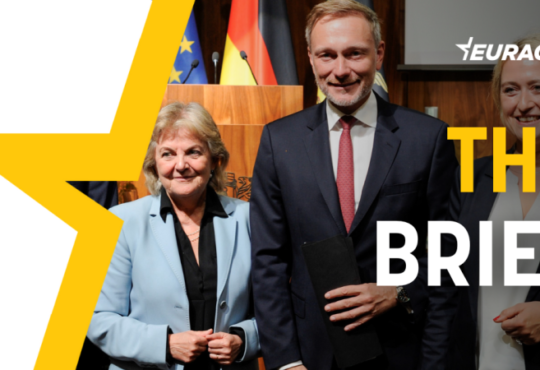
The EU’s strategic agenda for 2024-2029 is at risk due to major funding gaps, the Brussels-based non-profit organisation Finance Watch has warned. The NGO has called for an urgent reassessment of the bloc’s financial architecture.
Funding gaps and climate change
In a report on Tuesday 16 July, Finance Watch noted that addressing climate change alone will require the EU to invest between 5% and 10% of its GDP annually for the coming decades. The organisation stated that in the current context of limited public funds, EU leaders are relying on capital markets to provide the necessary investments. However, the report found that capital markets may only be able to fund about a third of these essential investments.
The report cautioned that failing to secure these necessary investments over the coming years could lead to economic disruption and a collapse in fiscal revenues, at a cost several times greater than the investments required. Finance Watch urged the European Commission to acknowledge the reality of this investment crisis to facilitate a new discussion about the financial architecture of the EU.
Private financing limitations
The public interest group highlighted that only around a third of the essential investments needed are suitable for private financing. This aspect has been largely overlooked in discussions around the capital markets union. Consequently, two-thirds of the EU’s strategic investments could remain unfunded. The 56-page report emphasised the importance of investing now in areas such as retrofitting homes and retraining workers from high-emitting industries, noting that early adaptation investments often deliver social benefits worth double to ten times their cost.
Comprehensive Assessment
Finance Watch called on the European Commission to make its own assessment by quantifying how much a fully successful capital markets union could contribute to the EU’s sustainability and strategic goals. This would help evaluate any remaining investment gaps. The report also warned that if global temperatures reach +3° C by the end of the century, as currently predicted, fiscal and social costs would soar to levels unbearable for public finances. While some upfront investments, such as renewable energy projects, can be funded through capital markets, most necessary investments do not offer sufficient financial returns for private finance. These must be funded publicly or risk being left unfunded.
Structural issues
The report outlined the inherent limitations of capital markets in financing climate change mitigation and adaptation projects. Tools like the capital asset pricing model and the use of risk premiums and the risk-free rate often undervalue longer-term investments needed for a sustainable world, said Finance Watch. Sustainable finance regulations, such as the taxonomy regulation, corporate sustainability reporting directive (CSRD) and sustainable finance disclosures regulation (SFDR), aim to improve disclosure about sustainability but do not eliminate the requirement for projects to be profitable.
Finance Watch chief economist Thierry Philipponnat, lead author of the report, remarked, “With well targeted regulation and a lot of political will, we think capital markets can fund up to a third of the EU’s climate needs, in cases where the financial yield is sufficient. But if the other needs are not funded and the EU is exposed, among others, to unmitigated climate change, governments will face much higher fiscal costs in future.”
The report called for EU leaders to rethink their financial strategies. Finance Watch secretary general Benoît Lallemand commented, “Enrico Letta is right that investing in and financing this transition is not just a financial decision and that we must channel all necessary public and private resources towards it. To succeed, EU leaders will have to challenge their assumptions about how much capital markets can contribute. If private finance will only cover 30%, as we fear, then it must be a top priority for incoming leaders of the European Commission and European Parliament to open a pragmatic discussion about the EU’s financial architecture so that their goals can be achieved.”






